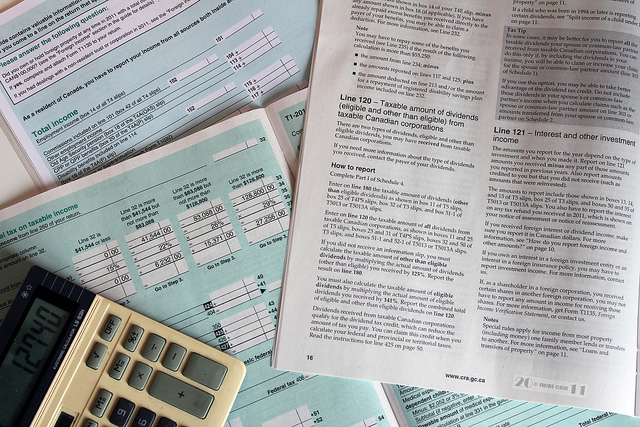
With a little over two weeks until the April 15 filing deadline, experts are predicting this year’s tax season to be one of the most chaotic and uncertain ever. The reason? Several major Obamacare regulations, including the employer mandate and the individual mandate are in effect for the first time.
The US tax code is already one of the most complex in the world. The IRS estimates that complying with the tax code costs Americans 6.6 billion hours per year and new Obamacare mandates will add yet another layer of complexity on top of an already confusing process. This year, many taxpayers will unknowingly owe the federal government more in taxes, or will owe a penalty fee. Others may believe they owe a penalty, but in fact do not.
An estimate provided by the Kaiser Family Foundation predicated that over 95 percent of individuals that receive a subsidy through enrollment on an Obamacare exchange calculated their income incorrectly. As a result, over half of Obamacare subsidy recipients will likely owe the federal government more money.
The reason for this chaos is because Obamacare provided subsidies early in the year based on an estimate of an individual’s income. The law’s authors incorrectly assumed that income levels would remain largely static year to year. Now, taxpayers must navigate through a set of complex regulations in order to figure out if they paid too much, or too little. With tax season approaching, up to 7.5 million households could be left to figure out how to comply with these confusing new regulations.
Despite this confusion, taxpayers shouldn’t expect to get any help from the federal government. Already, an “erroneous glitch” in Obamacare tax forms meant 800,000 tax returns were sent out with incorrect information. Many families that had already filed taxes were, or will be forced to file amended returns.
In fact, calling the IRS is unlikely to help because the agency does not answer phone calls at local offices, and they have even removed the option for taxpayers to leave messages, even if for the elderly or disabled. Calling the national hotline will do little better, because less than half of calls will be answered, and those that are face a wait time of over 30 minutes.

